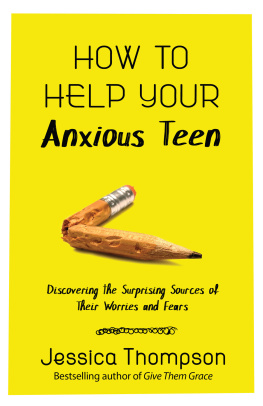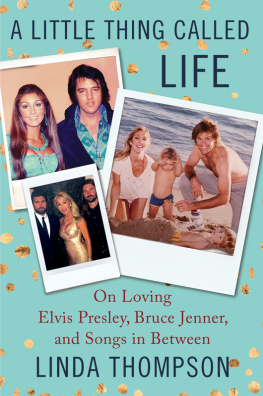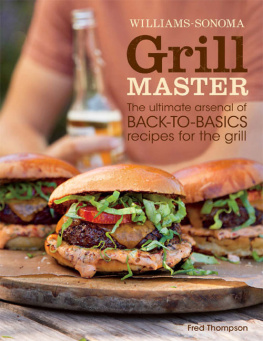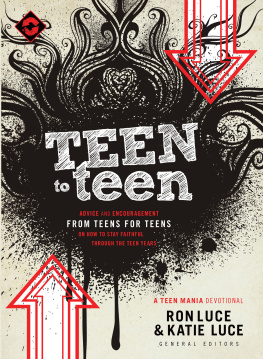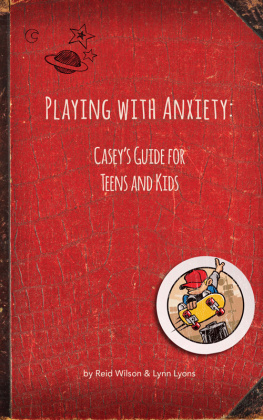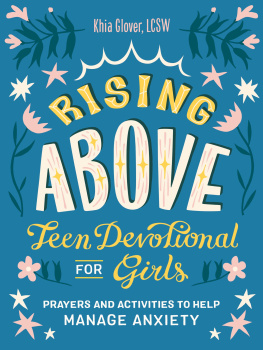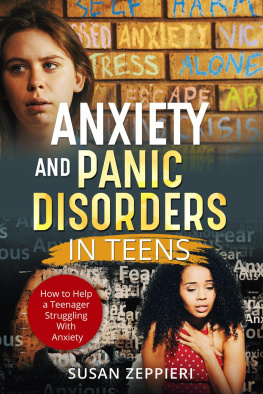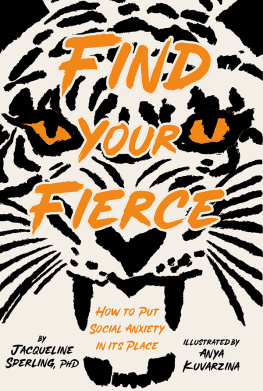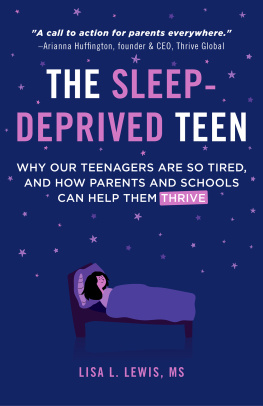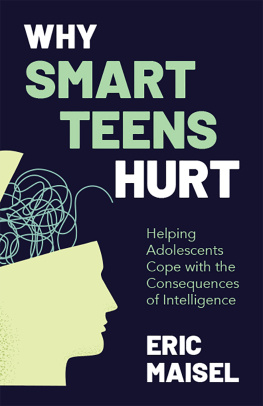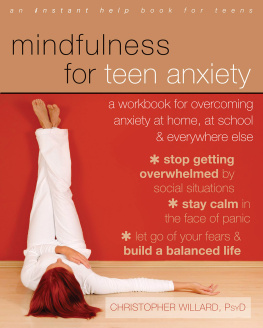T he sound of the espresso machine made it hard to hear her timid voice. I had to lean forward and strain to catch what she said. She fiddled with her paper coffee cup and repeatedly crushed the crumbs of her muffin with her thumb.
I am so anxious all the time. I dont know what to do. My friends all told me that cutting helped them deal with it. So I tried it. I dont know if it helps or not, but it did get my mind off all the things I was worried about.
I put my hand on her arm and noticed it was littered with little nicks, some fresher than others, some scarred over. My heart hurt for her. She was only 14, but she felt the crushing weight of anxiety every single day. Her body exposed the internal conflict she tried to hide. She was worried about school, church, her family, and boys. She had experienced an incredibly tough year, and things didnt seem to be looking up for her.
Her story is not exceptional in any way. I have a 19-year-old son, a 17-year-old son, and a 14-year-old daughter, and all three of them have told me that they experience anxiety at some level or another. Teenagers today are suffering from anxiety at increasingly alarming rates. Catch a teenager in a talkative mood, and they will tell you most of their friends are anxious. Anxiety has replaced depression as the number one This rate reaches its zenith when kids return to school each fall.
Anxiety feels like a weight. It has been described as the feeling of trippingthe moment where you dont know whether you are going to catch yourself is how you feel all day long. Or when you tap your pocket to get your wallet, and it is not there. You feel that every moment of every day. Or
like when you see cop lights in your rearview and you know you did something worthy to get a ticket. Coming down from an attack is like the cop flying past you, heart still racing, kinda shaky, sweaty, and its all in the back of your head the rest of the day. You think how great it was that you didnt get pulled over this time, but you are painfully aware you might not get this lucky next time.
According to the National Institution of Mental Health, anxiety is now the most common mental health disorder in the United States. Almost one-third of both kids and adults are affected by it. Part of the problem of anxiety with our youth is that most of us adults view it as a part of everyday lifeits not a big deal, we tell them. This feeds into their anxiety; they dont believe we are taking them seriously, which in turn makes them more anxious.
I have always thought we should be most concerned with our children suffering from depression, but things are changinganxiety is what we now should be looking out for.
According to the Diagnostic and Statistical Manual of Mental Disorders ( DSM-5 ),
Fear is the emotional response to real or perceived threat, whereas anxiety is anticipation of future threat. Obviously, these two states overlap, but they also differ, with fear more often associated with surges of autonomic arousal necessary for fight or flight, thoughts of immediate danger, and escape behaviors, and anxiety more often associated with muscle tension and vigilance in preparation for future danger and cautious or avoidant behaviors.
Or to put it more plainly, Anxiety is the overestimation of danger and the underestimation of our ability to cope.
The problem is real, and it doesnt seem to be going away. How do we help our children deal with it? Is the rise of anxiety in children real, or are they just identifying as anxious because they dont know how to cope with everyday stress? How does the good news of the life, death, resurrection, and ascension of Christ impact our anxious hearts? Questions abound. We need solid biblical answers and gospel truth to inform this part of our lives.
If you are a parent, youth worker, pastor, teacher, or mentor of teens, you know exactly what I am talking aboutyou see it every day: the rise of self-mutilation; the use of marijuana, vaping, or more serious drugs to help decrease unwanted feelings; the addiction to social media to escape the real world; the heightened reports of sleeplessness among teenagers.
In this book, we will start by looking outwardwe will analyze the way society contributes to our teens anxiety. This might be an easy cause-and-effect relationship to understand. The world provides lots of reasons to be anxious: social media, the lack of human interaction caused by social media and new technology, bullying, the temperament of the country and those are certainly contributing to teenagers anxiety. With the dawn of social media, teenagers have a different set of problems to deal with than we did when we were young. But society isnt the only place teenagers are facing pressure; they face similar stresses at home and in church.
After looking outward at society, we will turn our gaze inward and analyze the ways the church contributes to teens anxiety. Despite the churchs good intentions, the pressures to be a good Christian and do big things for God are driving our kids into despair and anxiety.
Then we will take a long, hard look in the mirror and see where we, as parents and caregivers, have contributed to the problem. Even though we want to help our kids, we may very well be one of the causative factors to their anxiety.
Lastly, we will look at how teens broken thinking feeds their own anxiety. My prayer is that by the end of this book, you will be able to understand why they feel anxious and be better equipped to help them fight that feeling. Along the way, you may even learn a little about yourself and what causes you anxiety. But my deepest desire is that you walk away from this book grateful for Jesuss love. Grateful for the one who understands our anxious hearts and tells us not to fear. Grateful not only that we and our teens are forgiven for not trusting him but also that we stand perfectly righteous in his sight. When he looks at us, he sees the perfect record of Jesus Christ, who didnt once give in to the temptation of fear but always trusted his heavenly Father.
As a note, I write from a middle-class, female, white perspective, so my societal norms might be different from what you experience. Studies indicate that females are more likely to experience anxiety (approximately a two-to-one ratio), I do think that although some societal norms may differ according to socioeconomic status, gender, and race, the human heart remains the same, and my prayer is that these chapters will be helpful no matter how we differ.
My guess is that if you picked up this book, you may very well be in the middle of a crisis. If that is the case, look over the chapters and see what might be most beneficial to you right now and start with that chapterdont feel guilty about skipping around. And please, before you go any further, take a moment and pray. Pray that the Holy Spirit opens your eyes to see things that you havent before. Pray that you dont feel overwhelmed or anxious as you look at and deal with this problem. Pray that you know that God is next to you in all this, that the Holy Spirit will guide and lead you, and that Jesus himself is praying for you and understands every temptation you may be experiencing. Pray that you dont look at your teen as a problem to be fixed but as a soul to be loved.

